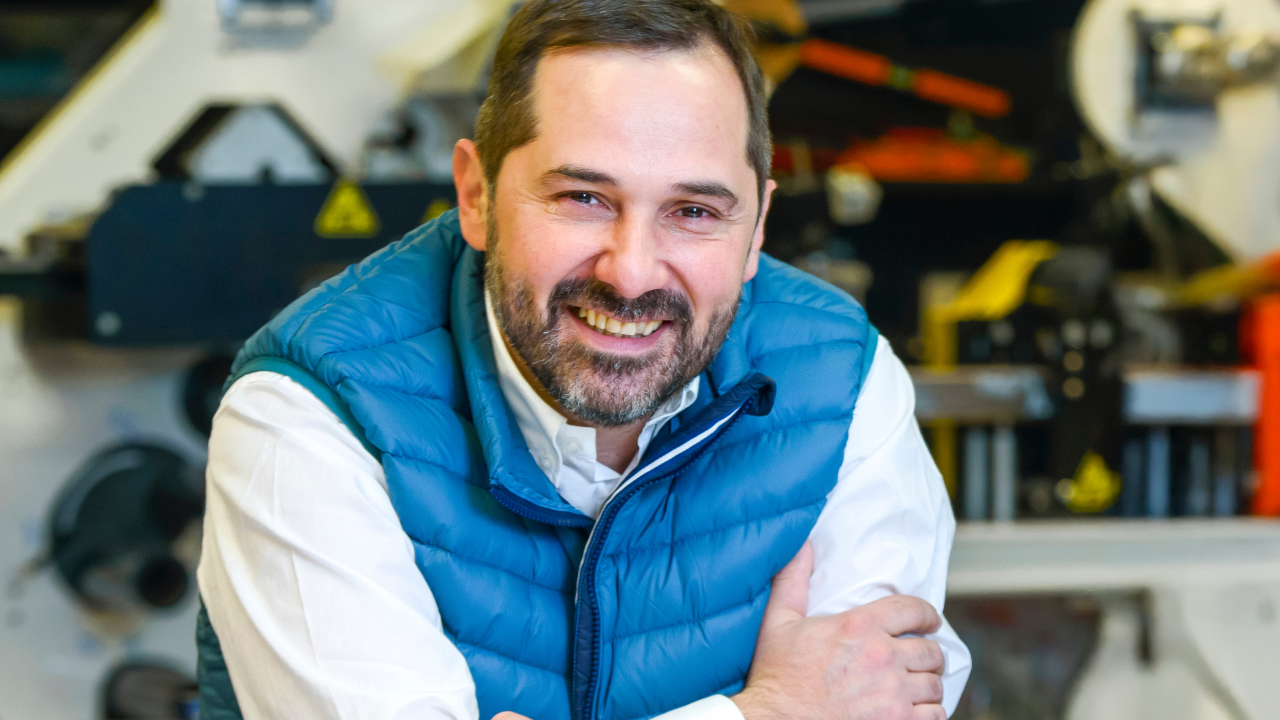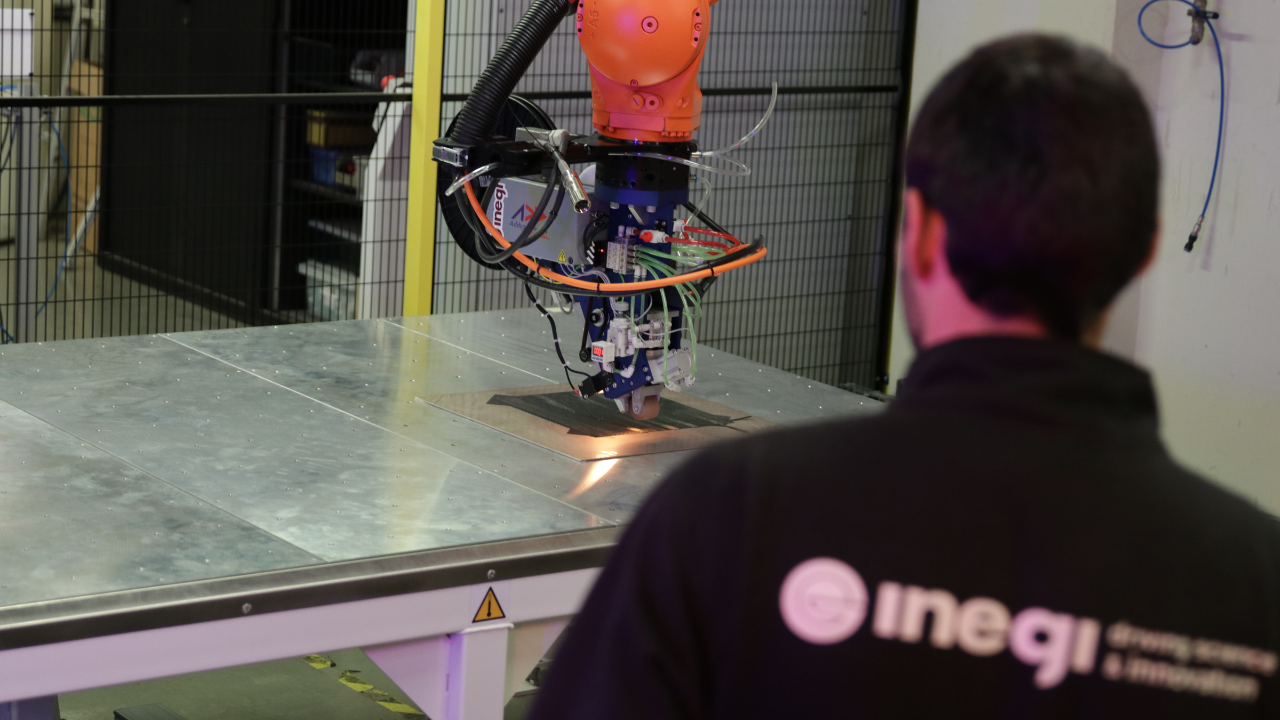INEGI is one of MCG’s main partners in development projects involving composite materials and other raw materials that can bring innovation to the design of solutions for the interiors segment of trains and buses. Nuno Correia, Director of the Composite Materials and Structures Unit at this centre, explains to us how this partnership is relevant.
How do you evaluate the collaboration between MCG and INEGI, and what benefits arise from it?
“To date, the projects we have done with MCG have been marked by a high execution capacity on MCG’s side, and by pressure from the company regarding the industrial relevance of the results.
We were involved in consortium projects that aimed, for example, to replace stamped steel parts with others, also stamped, but in formable composite material. The work we did together was disruptive on an international level, but perhaps too early for the market.”
What stands out most in the projects with MCG?
“I would say that what most sets MCG apart is its product/client portfolio and industrial setup (and perhaps, in third place, MCG’s geographic locations). These are very well aligned with the sectors I mentioned above: automotive and aerospace, advanced manufacturing technologies, and electrification, for example.
In this context, MCG is highly differentiated for us (there are not many examples of companies with this kind of industrial coverage). But we still don’t have examples of projects that have reached the level of implementation and differentiation we aim for.”

How important are engineering and research for the growth of companies like MCG?
“Normally, the role of advanced engineering and research is to be one of the drivers of value for new products. This value has to go beyond the sum of [the costs of] its components.
This leads to an obvious conclusion: if potential competitive growth involves moving up the value chain and introducing new products, it must be connected to the increasing integration of advanced engineering and research activities.
I believe that MCG, with advanced engineering and innovation, and with the leadership and focus it already has, can be ambitious in this impact and vision, taking advantage of the industrial movement we all believe we’ll see in the coming years to grow competitively.”
How does INEGI support companies in the transition to Industry 4.0? Innovation, artificial intelligence…
“We have a specific offering related to Industry 4.0. From the conversion of existing industrial equipment (machines) to the development of new working methodologies, including digital twins (computational models of existing processes, made with the goal of progressively giving machines and operators more information) and the creation of digital records and new quality models.
This offer was always designed to help companies transition using some of their existing means and not require complete replacement, because we believe our companies can reduce transition risk this way.”
Sustainability. What are the challenges and opportunities for companies adopting more sustainable solutions?
“In my opinion, sustainability should be seen as an emerging and highly dynamic market. This market exists due to the ongoing need for more efficient and less polluting means, always involving better resource management and, in general, greater industrial resilience.
In this context, the movement toward sustainability represents a significant opportunity, aligned with the founding principles of Europe: the recognition that all progress worth pursuing is not only economic but also social. Here, the environment is the best for our future existence, both economic and social, and therefore, it is the unavoidable context for any progress that matters.
Thus, the biggest challenge for companies regarding sustainability is identifying and developing the products associated with this transition.
This challenge is especially complex when the requirements of European regulations dynamically affect market existence, as they sometimes reduce competitiveness in the context of strong competition from companies in countries such as China and its Asian partners. This makes strategic adaptation, speed, and innovation essential to remain competitive.”

How do you describe INEGI’s mission at this moment?
“INEGI’s core mission is to promote innovation in industry and boost the development of the national economy, especially through enriching the offering with knowledge and technology.
As a non-profit and public utility institution, INEGI is dedicated to transforming industry and innovation, contributing with its knowledge and with costly and unusual resources, which, when lacking, limit the growth of companies in our ecosystem.
In addition to providing knowledge and resources, INEGI’s mission also includes technology transfer, which consists of providing our industrial partners with technological elements developed by INEGI up to a sufficient maturity level so that the decision to invest in the development of new products, processes, or industrial services based on these technologies becomes less risky.
The impact of our work is reflected in the added value to the products and services that companies manage to implement with our consulting or services, as well as in the new offerings resulting from technology transfer. Therefore, the role we play is measurable in the opening of new businesses and in the industrial production of our partners.”
INEGI – Institute of Science and Innovation in Mechanical and Industrial Engineering
INEGI is a Research and Technology Organisation (RTO), founded in 1986, focused on research and technology-based innovation activities, technology transfer, consulting, and technological services, oriented to the development of industry and economy in general.
You can read the full interview in issue nº 11 of MCG M Magazine:


